Solar Mounting Systems: An Overview
Solar energy has become a cornerstone of sustainable power generation, and solar mounting systems play a pivotal role in the deployment of solar panels. These systems are designed to secure solar panels in various locations, ensuring maximum exposure to sunlight and reliable energy production. With a diverse range of mounting options, they cater to different installation environments, from residential rooftops to expansive commercial fields.
Types and Applications
The versatility of solar panel mounting structures is evident in their wide array of types. Ground-mounted systems offer stability in open fields, while rooftop variants are tailored for flat or sloped residential and commercial buildings. Tracking systems, which follow the sun’s trajectory, optimize energy capture but are less common due to their complexity. Each type is engineered to meet the specific demands of its environment, ensuring that solar panels operate at peak efficiency.
Materials and Durability
Materials used in solar panel mounts are selected for their durability and weather resistance. Common materials include aluminum alloy, known for its lightweight and corrosion-resistant properties, and stainless steel, prized for its strength and longevity. Finishes such as anodizing and hot-dip galvanization provide additional protection against environmental elements, contributing to the longevity of the mounting systems.
Features and Advantages
The design features of solar racking systems include flexibility in installation and scalability. Systems are often modular, allowing for expansion as energy needs grow. The engineering behind these systems also takes into consideration wind resistance, with some capable of withstanding speeds up to 60m/s, ensuring stability in adverse weather conditions. The use of high-grade materials like AL6005-T5 aluminum ensures a balance between structural integrity and ease of installation.
Environmental Impact and Efficiency
Solar bracket systems not only support the generation of clean energy but also contribute to a reduced carbon footprint through their own sustainable design. By enabling the optimal placement of solar panels, they ensure that the energy conversion process is as efficient as possible, leading to a more sustainable energy solution overall.
Choosing the Right System
Selecting the appropriate solar mounting solution is crucial for any solar project. Factors such as location, climate, and the physical characteristics of the installation site must be considered. While the choice of system is ultimately determined by the specific needs of the project, the universal goal is to maximize energy production and ensure the longevity of the solar installation.
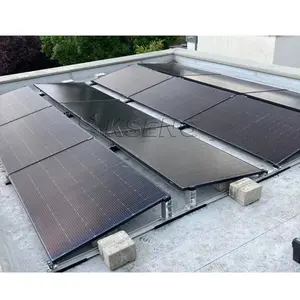




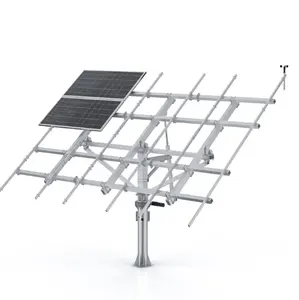
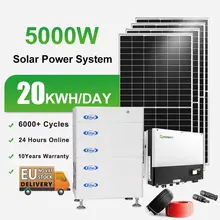
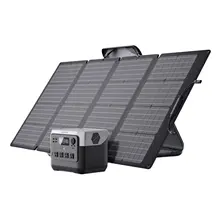


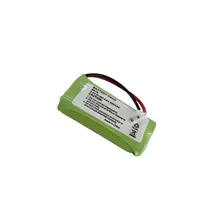
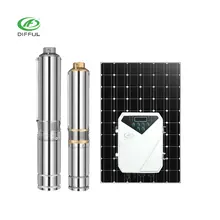
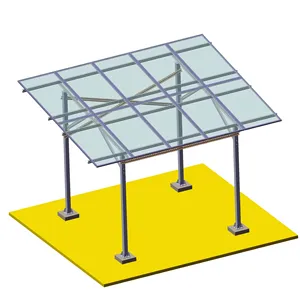

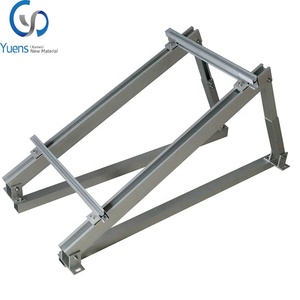

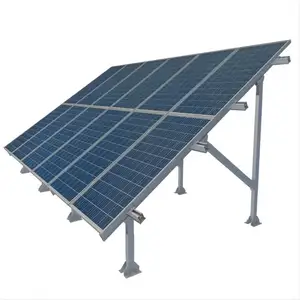
















 浙公网安备 33010002000092号
浙公网安备 33010002000092号 浙B2-20120091-4
浙B2-20120091-4